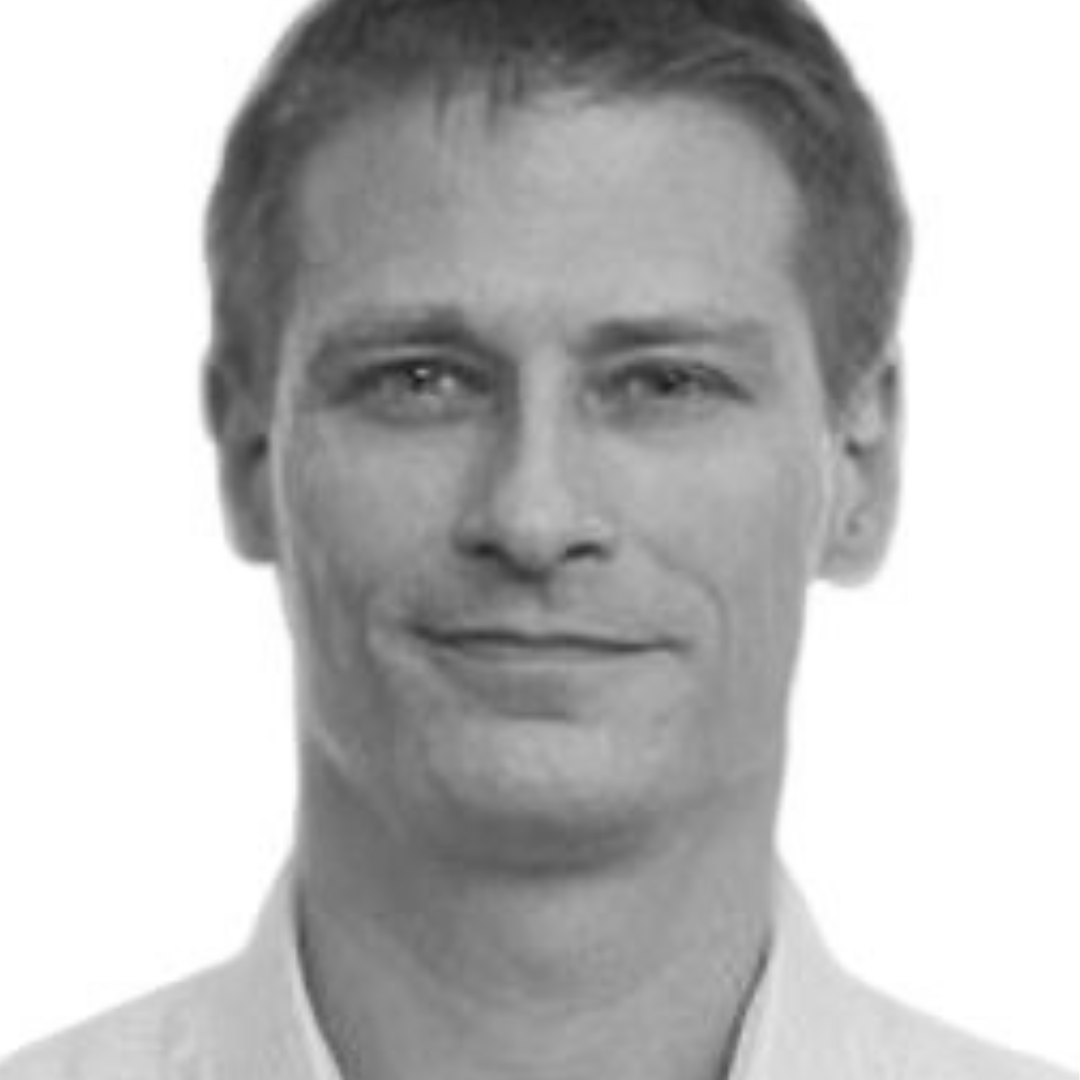 | Alain Samson is the founder of BehavioralEconomics.com and Chief Science Officer at Syntoniq. In the past, Alain worked as a consultant, researcher, and scientific advisor, both independently and through LSE Enterprise, the consulting arm of the London School of Economics. His experience spans multiple sectors, particularly finance, media, consumer goods, higher education, energy, and government. |
What motivated you to work on Behavioural Science?
My interest in social psychology started as an undergraduate in the 1990s. However, one of my professors at the time told me that social psychology is pretty much a dead discipline. Thankfully, it became popular again over the last 10-15 years, though the discipline has been facing new challenges (replication crisis, research conduct scandals, etc.).
What do you think is the future of Behavioural Science in the next five, and ten years? Whatmajor challenges do you foresee?
In academia, one important challenge will be dealing with the replication crisis I mentioned, as well as staying relevant in the face of challenges from other disciplines. In applied behavioral science, it will be about its relationship to other applied areas, such as data science.
Which behavioural scientist(s) do you admire the most and why?
That’s very difficult to answer. I admire all behavioral science pioneers in economics and psychology for the contributions they made. I also admire those behavioral science generalists who have been involved in many different areas, but may not have gained as much recognition as those known for developing theories in a specific area.
What advice would you give to a beginner in Behavioural Science? What are some of the crucial skills one has to develop to succeed in this field?
In your training, make sure you get as much understanding of research methodology as possible. More generally, “thinking like a scientist” may be the most transferrable skill you can get in your education.
If you were starting your career again today, what would you do differently?
I would definitely try to do more course work in economics and advanced statistics. I would make sure my PhD has more practical significance. That’s much more common now than it used to be. Outside of my education, it’s more difficult to say. I was very much in the right place at the right time professionally as far as my work as a behavioral scientist is concerned.
What books/publications would you like to recommend to our readers? (around 3)
Aside from the Behavioral Economics Guide (obviously!), it depends on whether the recommendation is for someone who’s new to behavioral science or not. I personally tend to read more articles (in academic journals) than books. For a newbie, I would recommend the usual “Big 3” books: Predictably Irrational, Nudge, and Thinking, Fast and Slow. As far as more recent books are concerned, I really enjoyed Noise, How to Change, and The Elements of Choice.
What is your favourite quote in Behavioural Science?
Actually, I have a pair of quotes, because they wonderfully illustrate two sides of the same coin:
“If you were allowed one wish for your child, seriously consider wishing him or her optimism.” Daniel Kahneman in Thinking, Fast and Slow.
“In terms of its consequences for decisions, the optimistic bias may well be the most significant of the cognitive biases.” Daniel Kahneman in Thinking, Fast and Slow.
How do you apply the notions of Behavioural Science in your personal life?
By second-guessing our household’s financial decisions (sometimes to my wife’s displeasure).